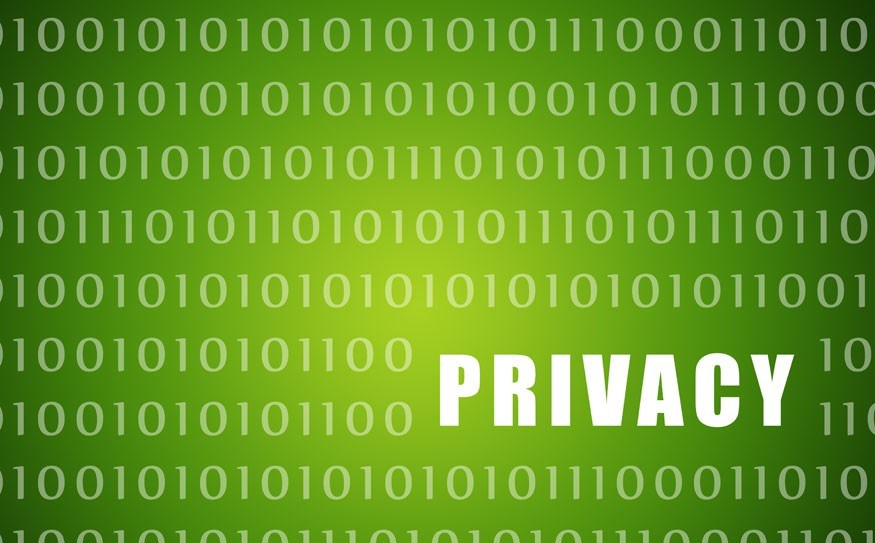Edward Snowden can never go home. The 29-year-old computer technician who recently leaked the details of a U.S. National Security Agency (NSA) surveillance program has gone underground, looking for a country that will protect him from extradition. Considering that he's being called a traitor by a few in the U.S., and the punishment for treason could be decades in prison, it's probably a wise move.
But not everybody considers the 29-year-old to be a traitor. In fact, there are some who are arguing that Snowden is a hero — and worthy of a presidential pardon — for further exposing the details of a top secret national security program called PRISM that allows the NSA to eavesdrop on all kinds of electronic data (chat, voice chat, VOIP, email, video, photos, you name it). According to Snowden, he could wiretap anyone at any time from his desktop, and he doesn't even work for the government; he was employed by a company subcontracted by the government to do that kind of work.
So far the private ISPs and technology companies that have been implicated deny turning over personal information except in cases where they have been directly subpoenaed. As a result it's unclear how the program has been used, what's happened to any data that's been collected, or even whether the proper court warrants were filed. Do all of the targets have specific connections to terrorists, spies or other criminals working outside the U.S., or has the NSA cast a wider net? The program is not supposed to snoop on U.S. citizens, but it likely did anyway through the collection of data — it takes two to have an online conversation, after all.
Because a lot of the world's data passes through American servers at some point, PRISM affects everybody around the world, including Canadians.
My own assumption is that I'm already being watched to some degree. Most people also probably realize by now that if you search for certain things online or access certain content you're going to raise a red flag somewhere. But we also have a right to privacy. I wouldn't want anybody reading my emails without a really good reason for doing so and some kind of oversight.
There are a number of things I find troubling about this kind of Internet snooping. I have no problem with data collected as part of formal investigations that result in arrests and prosecutions, but this appears to be a broad-based approach to counter-terrorism that took advantage of post-9/11 fears to potentially override a few constitutional freedoms.
The U.S. also clearly has an issue when it comes to picking enemies. After 9/11, Americans were warned by the administration of the day to watch what they say, while dissenters opposing the invasion and occupation of Iraq — later proved to be completely justified — were broadly labelled as traitors and terrorists. There's Wikileaks, the jailing of other whistleblowers like John Kiriakou and Bradley Manning, who should have qualified for legal whistleblower protection, the U.S. administration's recent pressure on media organizations to reveal sources, and dozens of other creepy examples where the government may have stuck a toe over the line.
Even the Occupy Wall Street movement, which was campaigning for corporate accountability and economic fairness, was condemned by some as un-American.
In other words, it's been relatively easy so far to brand various individuals and factions as enemies of — or threats to — the state, which in turn justifies the use of surveillance programs like PRISM.
It's also safe to say that the lines between corporate and political interests have been somewhat blurred as of late, and the U.S. has been known from time to time to use its military power to secure its broader economic interests. It's not inconceivable that programs like PRISM could be abused for reasons not directly related to national security.
It's also worth considering that individuals who do have access to private information do abuse that power for various reasons, including personal reasons. Can someone working at the NSA flip a switch to spy on their ex-wife, for example, or snoop on a politician that belongs to a party they don't support?
For more on Snowden and PRISM, a good starting point might be the Electronic Frontier Foundation at www.eff.org.
Did Sony just win the next-gen?
The launch of the Xbox One has not gone well for Microsoft, and the E3 electronics expo didn't help things all that much. Sony formally launched the PS4 on Monday and really there's no comparison — the PS4 is $100 cheaper, smaller and better-looking, consoles and games are region-free, there's no surcharge to play used or borrowed games and the tech specs are probably slightly better. It's not too late for Microsoft to turn things around, but if the online reaction is any indication then Sony will have a huge advantage from day one, and could reclaim the title it held through two generations (PS1/PS2). Kinect and the ability to watch television are just not compelling enough to overcome what the PS4 has to offer out of the box. Your move, Microsoft.




